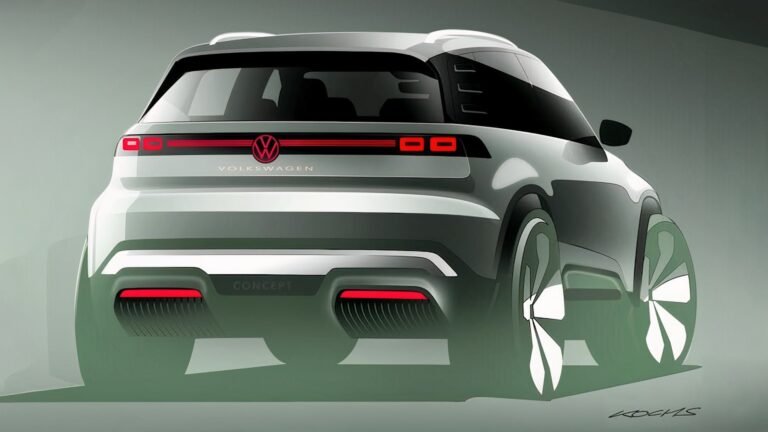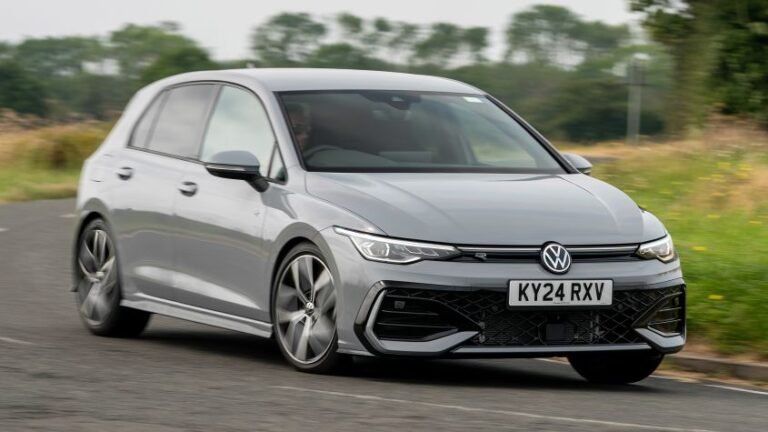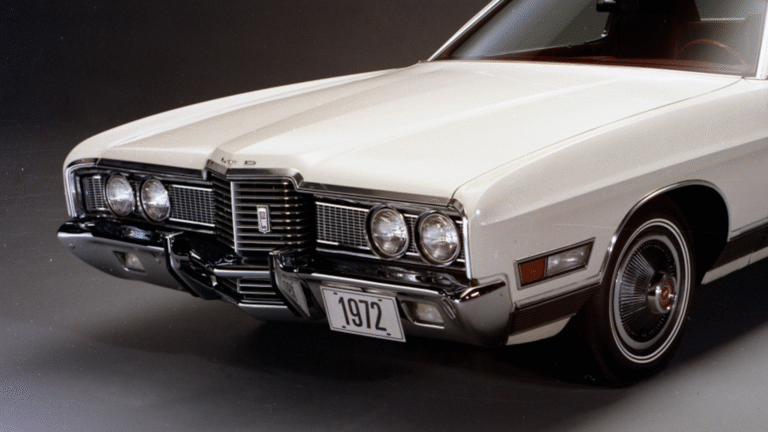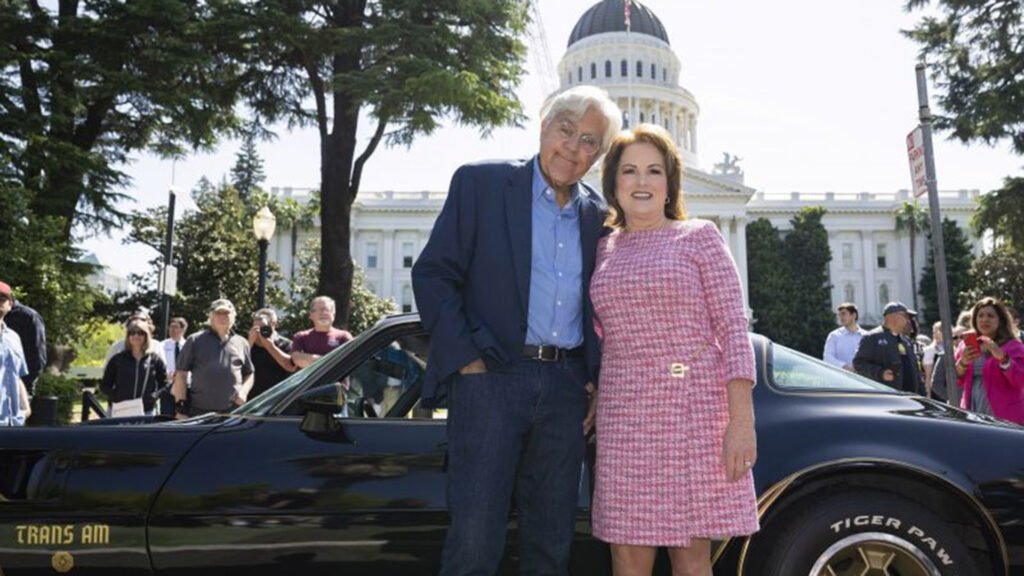
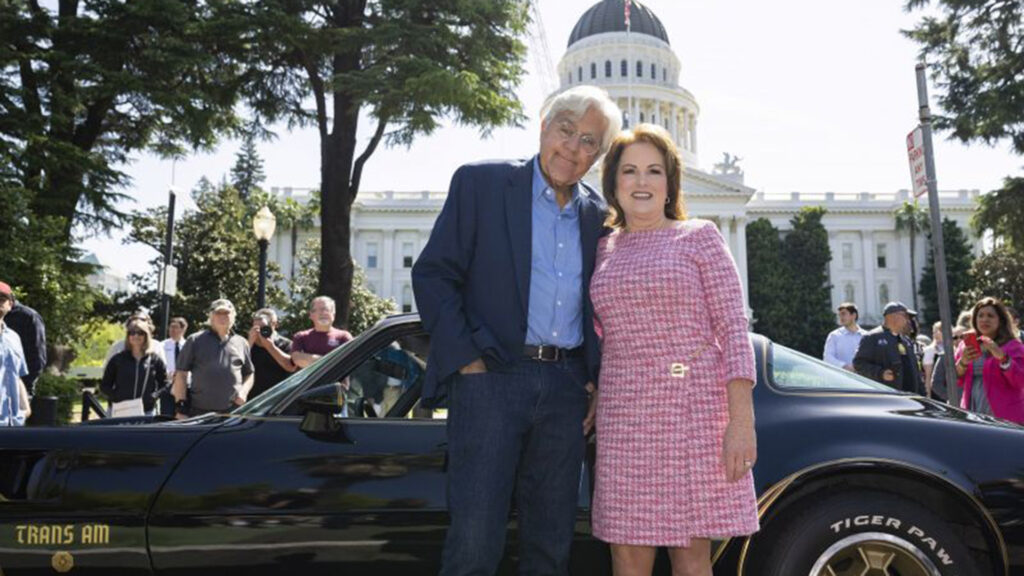
- California killed Senate Bill 712, which proposed a rolling 35-year smog check exemption.
- Senator Shannon Grove and Jay Leno backed the bill, supported strongly by SEMA.
- Environmental groups opposed the bill, keeping the 1976 smog exemption cutoff intact.
California might be revered as one of the car capitals of the world, but when it comes to classic vehicle registration here, it’s not so easy for enthusiasts. On August 29, the Assembly Appropriations Committee thwarted Senate Bill 712, also known as “Leno’s Law.”
Despite bipartisan support in the Senate, the legislation that would’ve made owning a classic car easier is now dead in the water. At the same time, there’s still some hope on the horizon.
Read: California Spent 50 Years Fighting Smog. Trump Just Tore That Down In A Day
SB712 would’ve created a rolling smog exemption for any car 35 years old or older. Right now, every car built after 1976 must get a smog test every two years to keep its registration current. For cars with OBDII ports, that’s not such a big deal, but for cars without that port, it’s a big-time hassle that involves a dynamometer and a lot of testing equipment.
Cars that fall into this segment of the automotive population account for less than one percent of the 13 million cars in California.
Divided Reactions
Senator Shannon Grove led the charge with support from Jay Leno and industry groups like SEMA. On the flip side, environmental groups, including the American Lung Association, warned it would dilute clean air protections. According to them, Leno’s Law represented a backward step from climate goals, even if projected emissions weren’t massive. Senators tried to keep it alive via amendments like requiring historic plates or trimming eligibility years, but they couldn’t save it.
“I am disappointed and frustrated that Leno’s Law was held in the Assembly Appropriations Committee hearing today, effectively killing the bill. I have been working behind the scenes to meet with legislators and decision-makers to give Leno’s Law the best chance. Unfortunately, the cost that was given to this bill by the affected departments was very high,” said Grove in a post to Facebook.
A Federal Wild Card
Interestingly, there’s another horse possibly out of the barn on this subject. H.R. 4117, dubbed the “Fuel Emissions Freedom Act,” was introduced federally on June 24, 2025, and could change everything. The sweeping proposal aims to ‘amend the Clean Air Act to repeal the establishment of motor vehicle emission and fuel standards, and for other purposes.”
In short, the bill would eliminate both federal and state authority to mandate emissions and fuel economy standards, nullifying California’s smog rules entirely.
Credit: California State Senate
